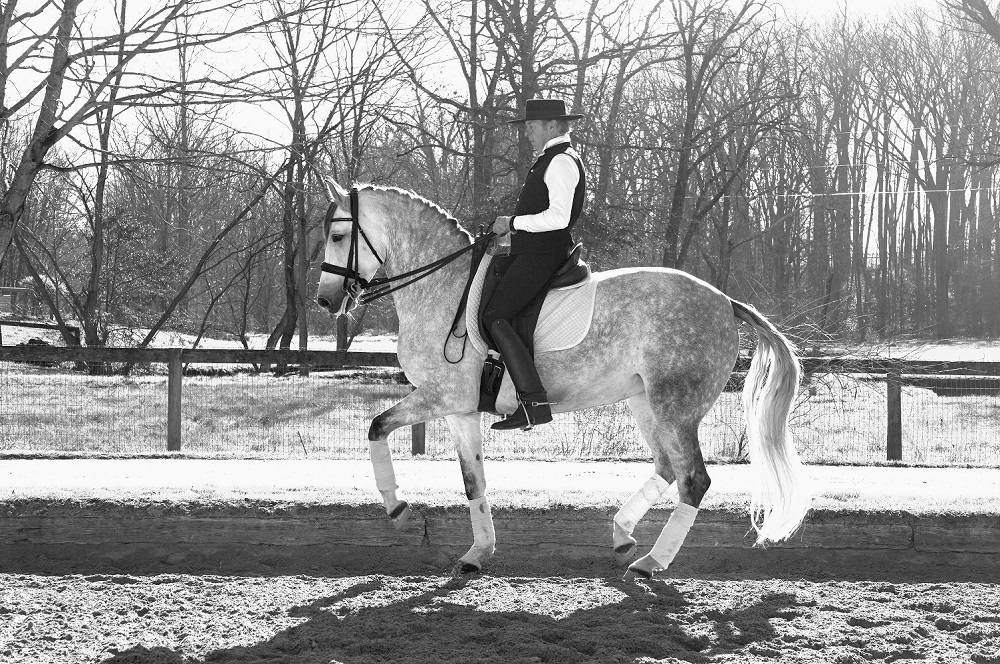
"Paul Belasik has done more than any other writer in the English language to open the minds of dressage riders everywhere to the tradition in which they ride and train, and more than that, brings a modern sensibility to critique even the great masters and to apply elements of zen and martial arts philosophy to riding."
-Chris Hector, Editor, The Horse Magazine


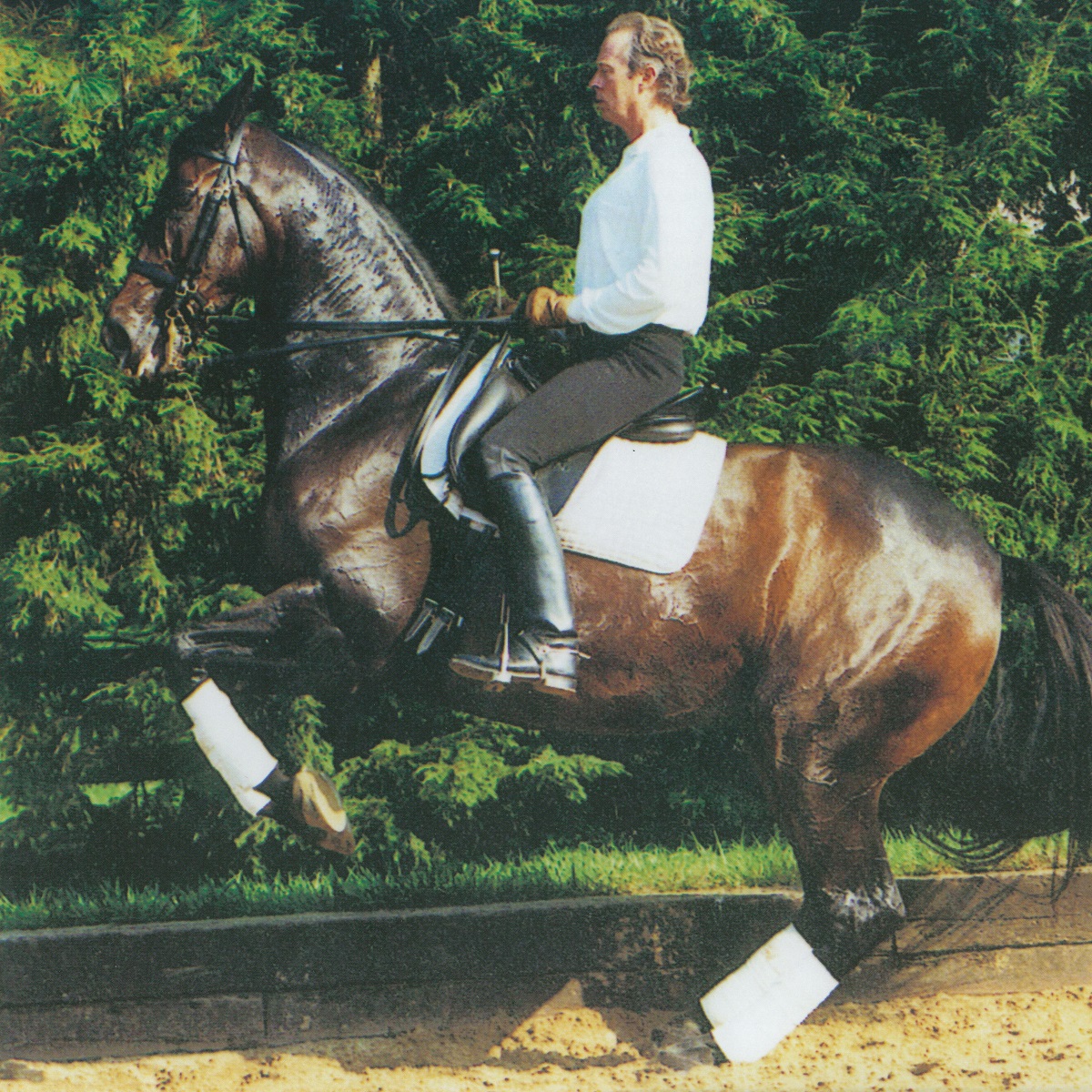


“The whole understanding of the different schools of dressage, their pluses and minuses, their effectiveness or not, depends on your knowledge of collection. Collection is not a debatable concept subject to your own interpretation, any more than certain laws of Newtonian physics are debatable if you are trying to build a safe bridge on the planet Earth with forces like gravity.”
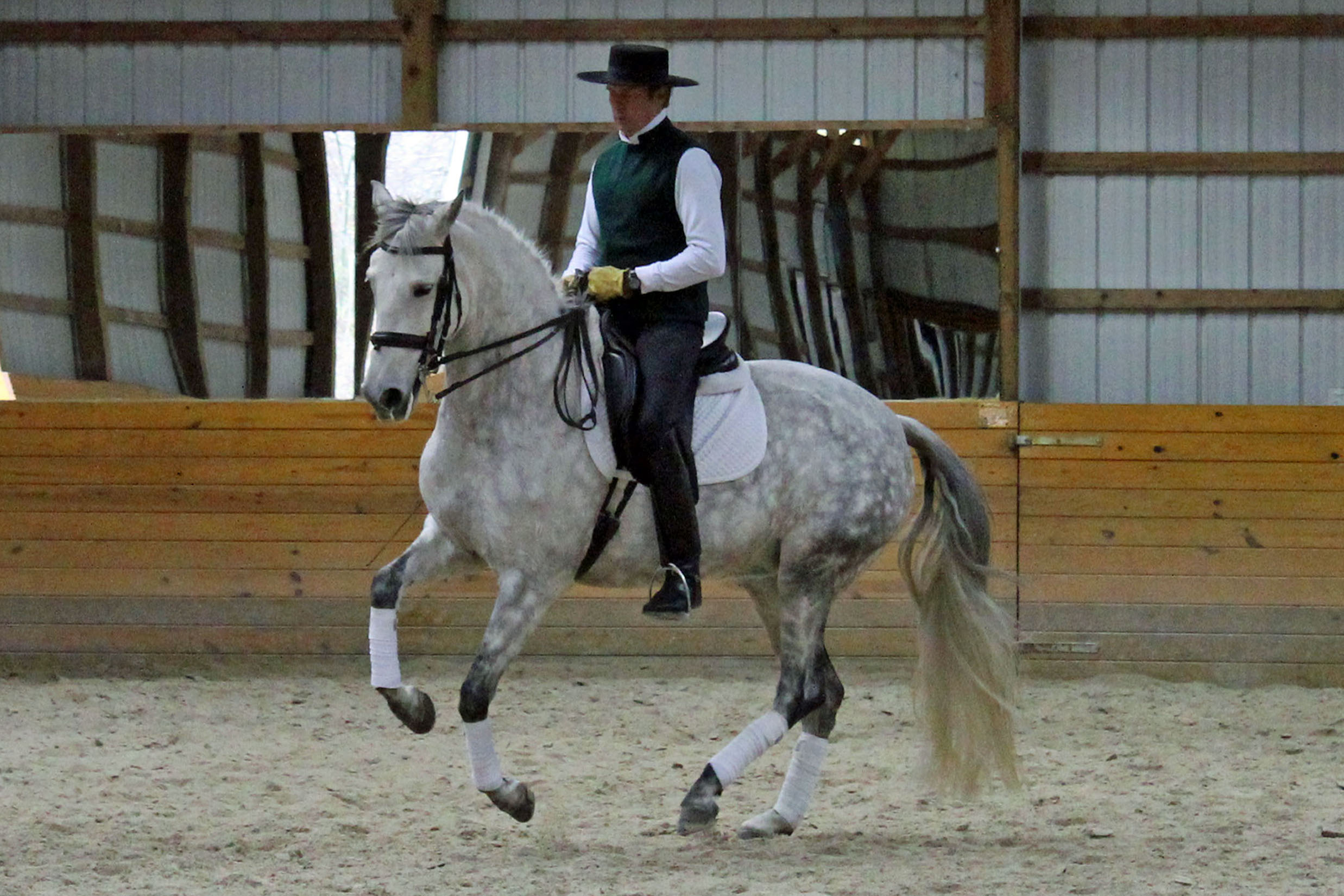
“Carl Jung said imitation is a pernicious quality in humans. Too much of dressage is imitation. You need to go beyond that. John Cage and Philip Glass, the composers, have talked about this repetition. At first, you copy in order to replicate. You aren’t trying to find anything new. If you stay at that point, even if you are very good, you are just a second rate imitation. Another way to look at it is this: even if you try to repeat something exactly, if you tried to play a piece again and again, you won’t be able to help that slight variations will come in like mutations in genes. Then, if you are aware, you might experience something new. This can be an expression of yourself. Originality comes in; creativity is lurking in the cracks of technique.”
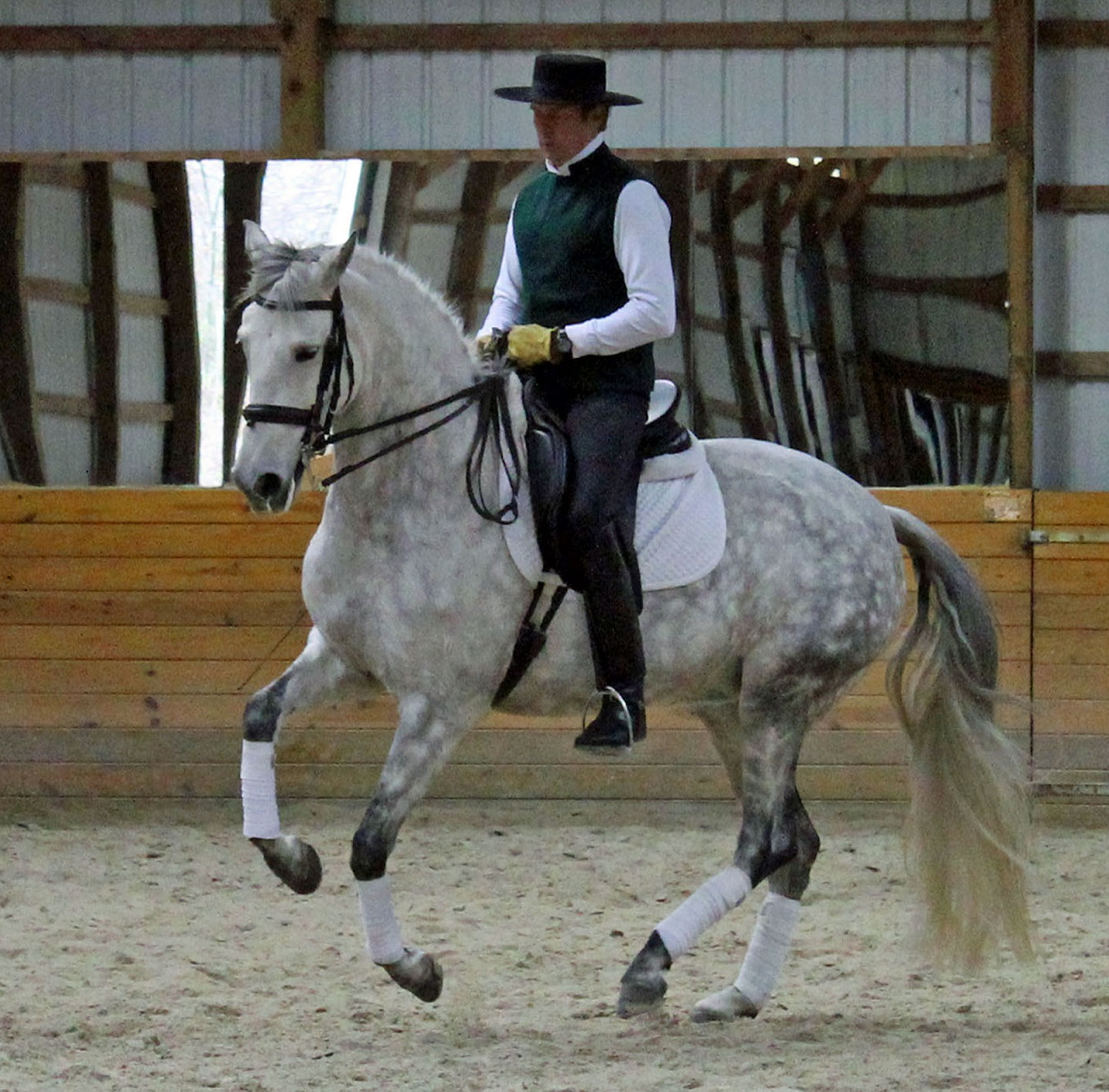

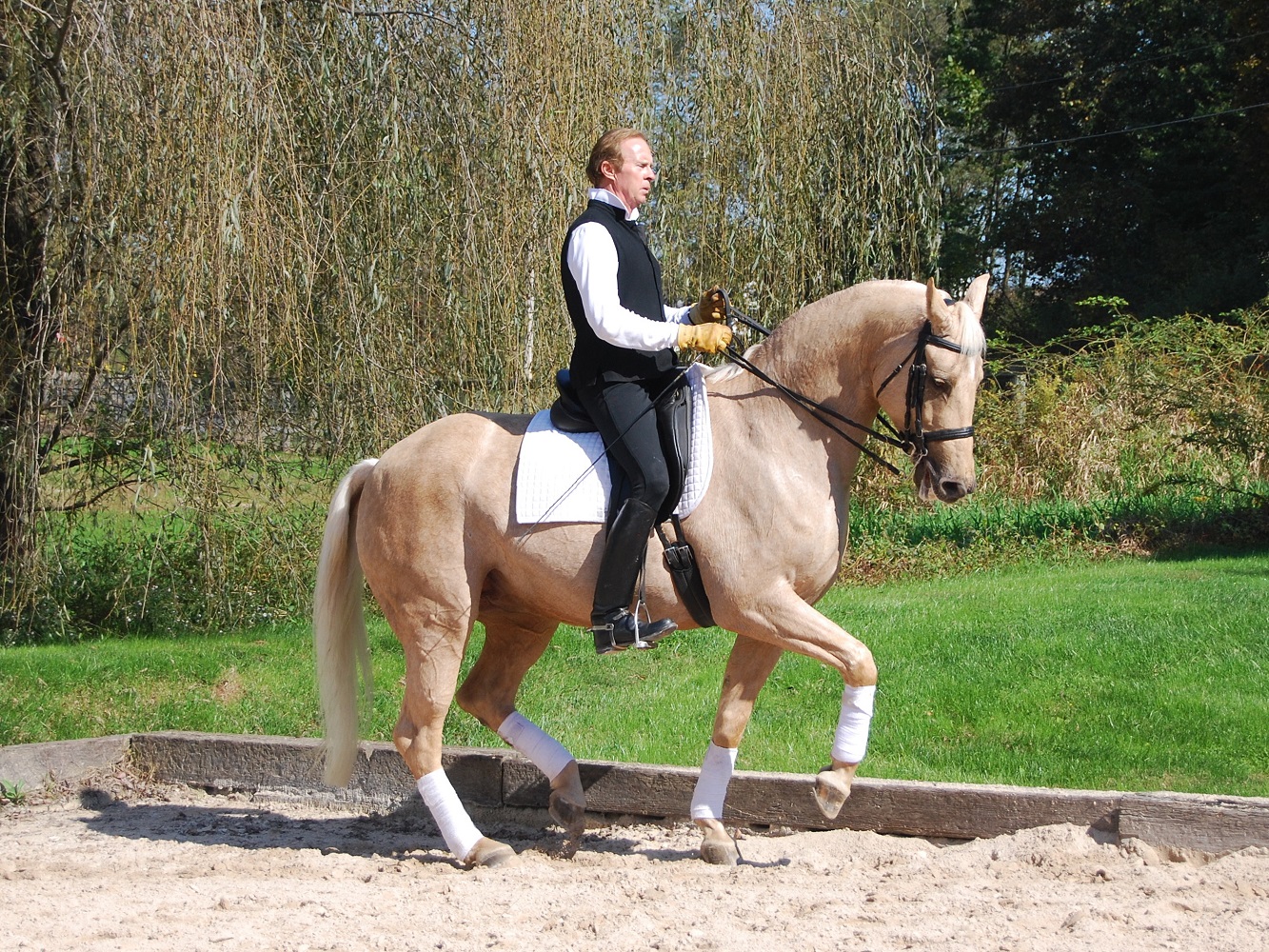
“When I did resume riding in competitions, I knew I could never ride to win. I would ride instead not to lose. This was no trick of semantics. It was deadly serious. However, I was not talking about losing the competition. What I did not want to lose was my initial love of horses and riding, the excitement I had as a child. This turned out to be a far greater motivation and an infinitely more difficult route.”
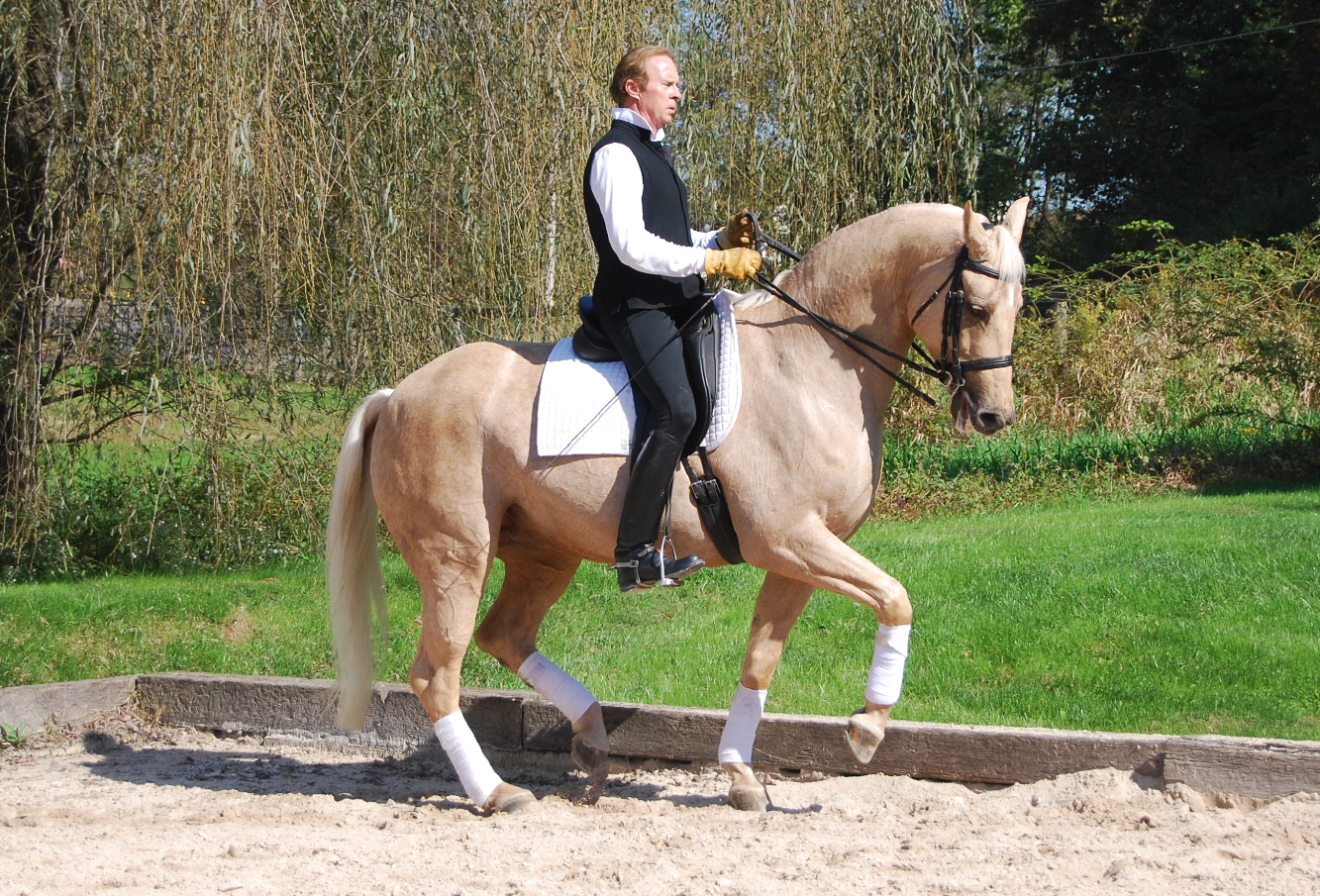

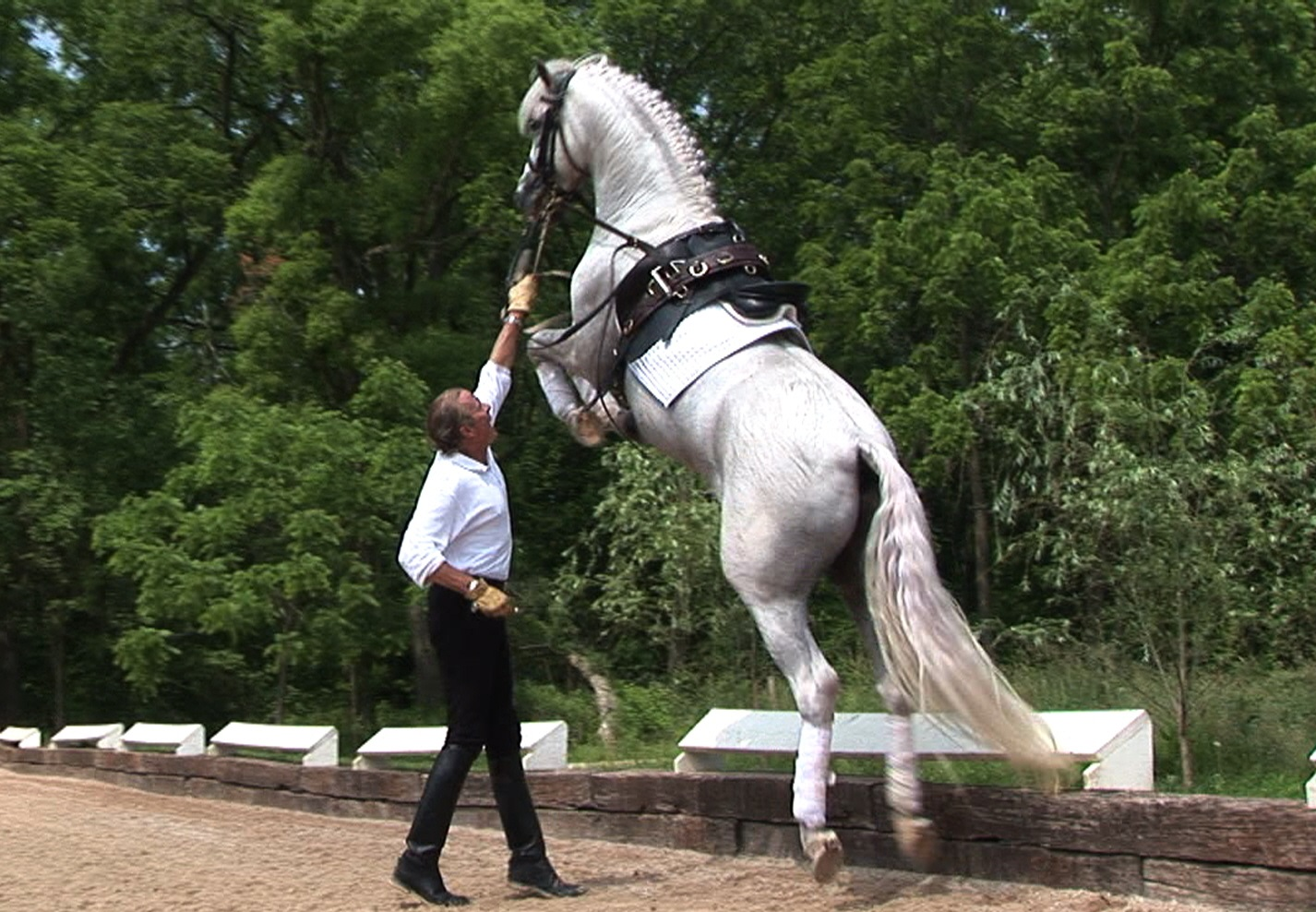
“To become better, the horse and rider must get out of their comfort zones. I believe in the concept of deliberate practice. Outside of your comfort zone, you will make mistakes. In the process of correcting mistakes is when you learn. If you want people to try, you had better not punish them for mistakes, so I know that I need to be patient, and yet push and encourage.”


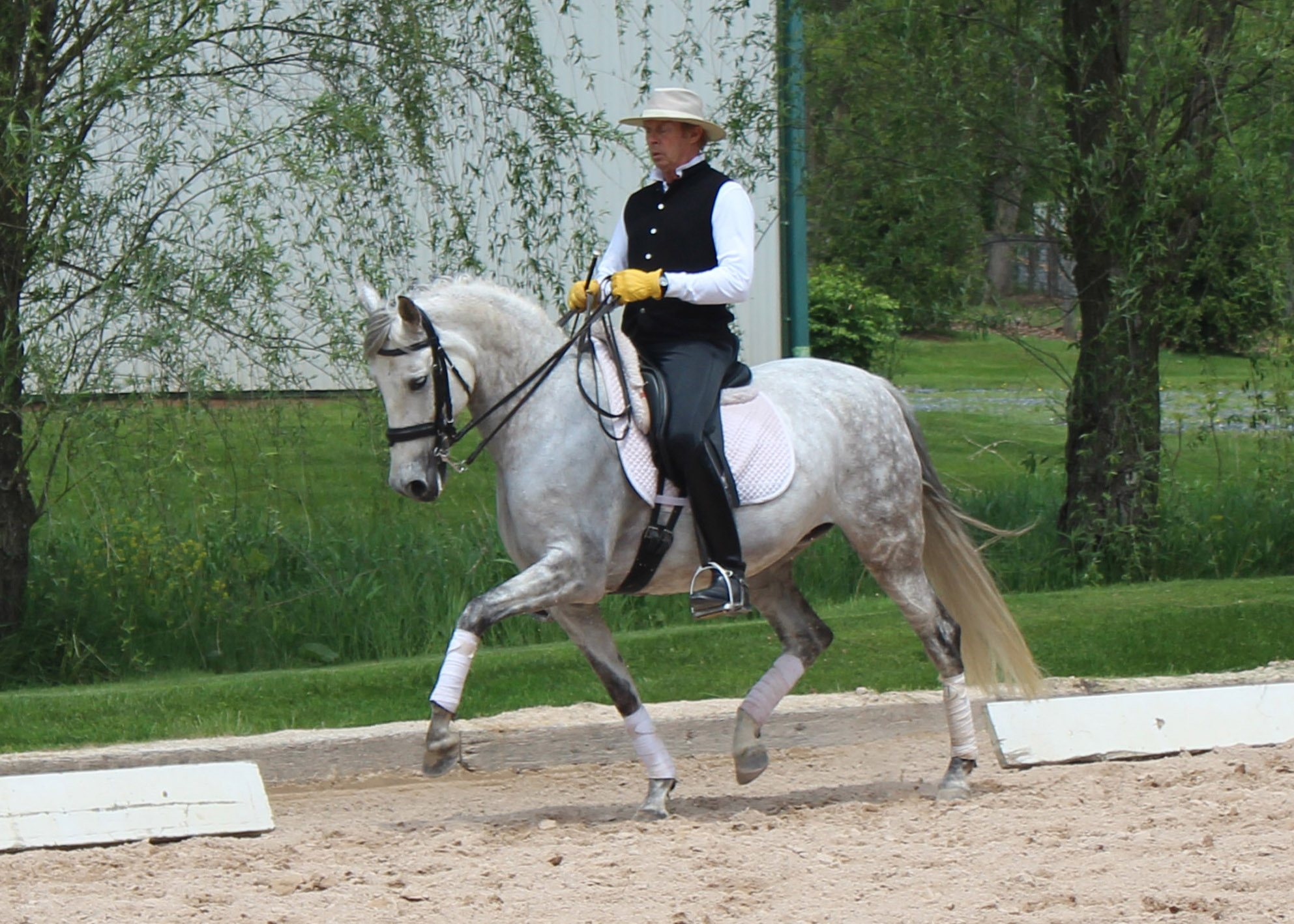
“You might have already decided to take up the practice of dressage. You might think that I have implied that you will have to choose - picking sport or picking art. But this is not our real choice at all: a bad artist is as bankrupt as a bad athlete. Your decision has to be whether you will decide to do it right: without a desire for gain, for profit, for the reason of ego. Do it for the purity of the experience wherever it takes you - for the love and excitement of the trip.”


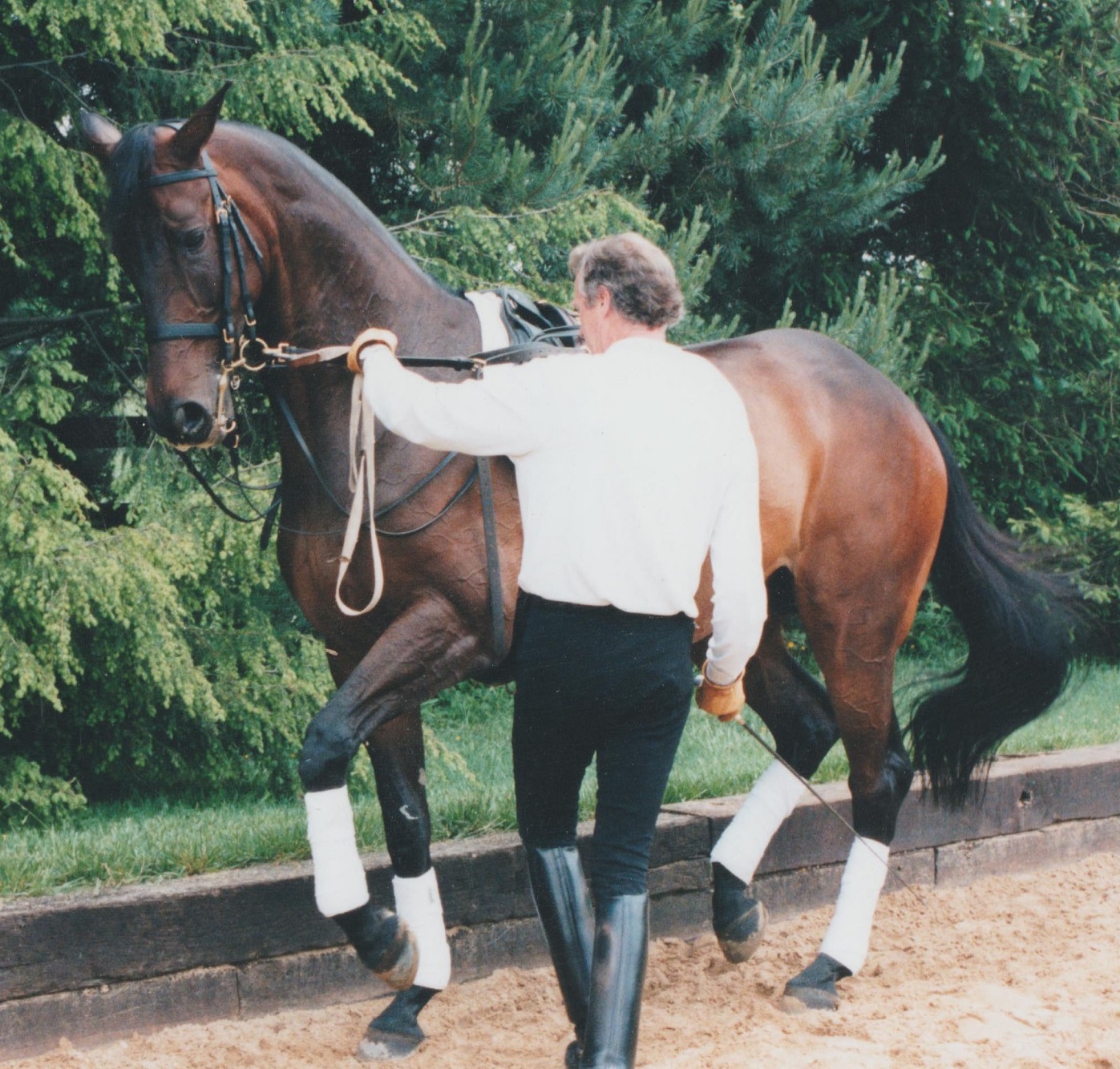
“It is strange, the variations in the cultures of the world. In the East, a man is a hero if he relinquishes his ego, celebrates his inner connection with the world. In the West, a man is a hero if he leaves a singular mark – faster, richer, stronger than anyone else. He is trained to set himself apart, to make some distance, and then he suffers in his loneliness. Horses don’t care about the singular achievements of a man. They are even less enthusiastic when a man’s quest for such achievement is at their expense.
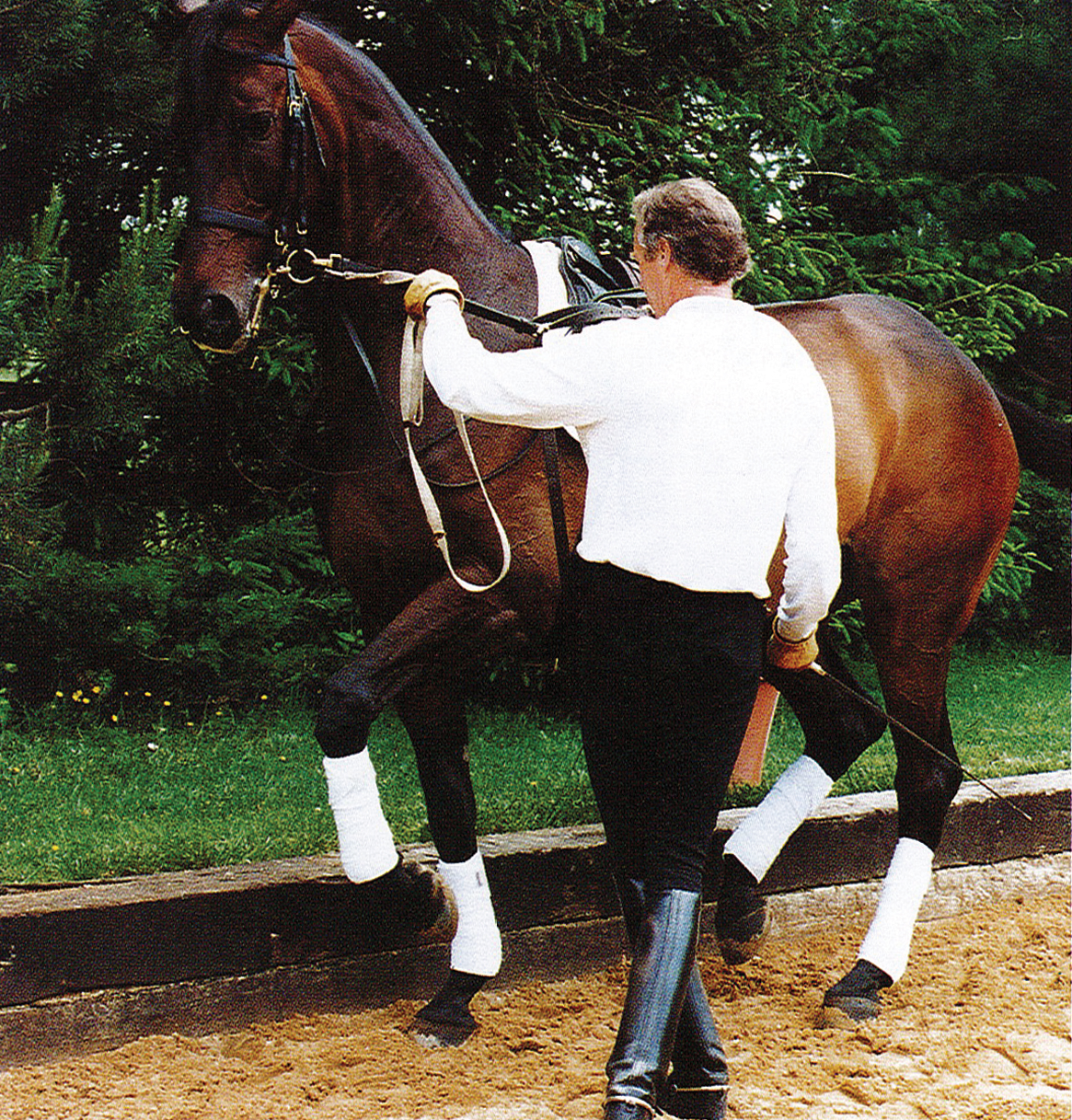


"Paul Belasik has done more than any other writer in the English language to open the minds of dressage riders everywhere to the tradition in which they ride and train, and more than that, brings a modern sensibility to critique even the great masters and to apply elements of zen and martial arts philosophy to riding."
-Chris Hector, Editor, The Horse Magazine





“The whole understanding of the different schools of dressage, their pluses and minuses, their effectiveness or not, depends on your knowledge of collection. Collection is not a debatable concept subject to your own interpretation, any more than certain laws of Newtonian physics are debatable if you are trying to build a safe bridge on the planet Earth with forces like gravity.”

“Carl Jung said imitation is a pernicious quality in humans. Too much of dressage is imitation. You need to go beyond that. John Cage and Philip Glass, the composers, have talked about this repetition. At first, you copy in order to replicate. You aren’t trying to find anything new. If you stay at that point, even if you are very good, you are just a second rate imitation. Another way to look at it is this: even if you try to repeat something exactly, if you tried to play a piece again and again, you won’t be able to help that slight variations will come in like mutations in genes. Then, if you are aware, you might experience something new. This can be an expression of yourself. Originality comes in; creativity is lurking in the cracks of technique.”



“When I did resume riding in competitions, I knew I could never ride to win. I would ride instead not to lose. This was no trick of semantics. It was deadly serious. However, I was not talking about losing the competition. What I did not want to lose was my initial love of horses and riding, the excitement I had as a child. This turned out to be a far greater motivation and an infinitely more difficult route.”



“To become better, the horse and rider must get out of their comfort zones. I believe in the concept of deliberate practice. Outside of your comfort zone, you will make mistakes. In the process of correcting mistakes is when you learn. If you want people to try, you had better not punish them for mistakes, so I know that I need to be patient, and yet push and encourage.”



“You might have already decided to take up the practice of dressage. You might think that I have implied that you will have to choose - picking sport or picking art. But this is not our real choice at all: a bad artist is as bankrupt as a bad athlete. Your decision has to be whether you will decide to do it right: without a desire for gain, for profit, for the reason of ego. Do it for the purity of the experience wherever it takes you - for the love and excitement of the trip.”



“It is strange, the variations in the cultures of the world. In the East, a man is a hero if he relinquishes his ego, celebrates his inner connection with the world. In the West, a man is a hero if he leaves a singular mark – faster, richer, stronger than anyone else. He is trained to set himself apart, to make some distance, and then he suffers in his loneliness. Horses don’t care about the singular achievements of a man. They are even less enthusiastic when a man’s quest for such achievement is at their expense.


